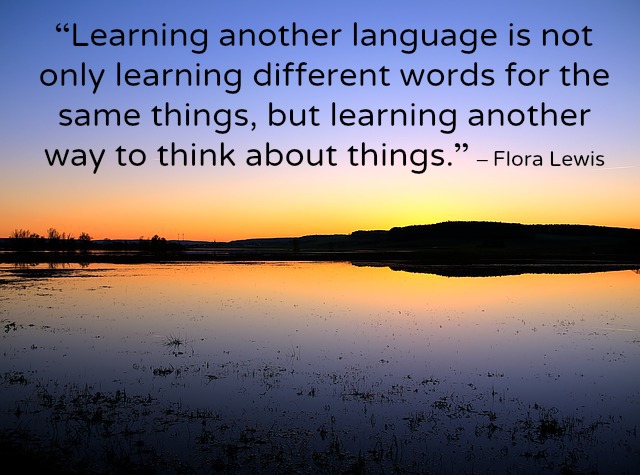

The language change signals to the listener that the speaker is from a certain background if the listener responds with a similar switch, a degree of rapport is established. Switching to a minority language is very common as a means of expressing solidarity with a social group.This may trigger a speaker to continue in the other language for a while.

Speakers cannot express themselves adequately in one language so they switch to another to make good the deficiency.Such behavior can be explained only by postulating a range of linguistic or social factors such as the following: Or phrases from both languages may succeed each other in apparently random order. A sentence may begin in one language, and finish in another. Īs switching between languages is exceedingly common and takes many forms, we can recognize code-switching more often as sentence alternation.

Such shifts, when performed by public figures such as politicians, are sometimes criticized as signaling inauthenticity or insincerity. This form of switching is practiced, for example, by speakers of African American Vernacular English as they move from less formal to more formal settings. Both in popular usage and in sociolinguistic study, the name code-switching is sometimes used to refer to switching among dialects, styles or registers. In popular usage, code-switching is sometimes used to refer to relatively stable informal mixtures of two languages, such as Spanglish, Taglish, or Hinglish. Some scholars of literature use the term to describe literary styles that include elements from more than one language, as in novels by Chinese-American, Anglo-Indian, or Latino writers. The term "code-switching" is also used outside the field of linguistics. Since the 1980s, however, most scholars have come to regard it as a normal, natural product of bilingual and multilingual language use. In the 1940s and the 1950s, many scholars considered code-switching to be a substandard use of language. The earliest known use of the term code-switching in print was by Lucy Shepard Freeland in her 1951 book, Language of the Sierra Miwok, referring to the indigenous people of California.


 0 kommentar(er)
0 kommentar(er)
